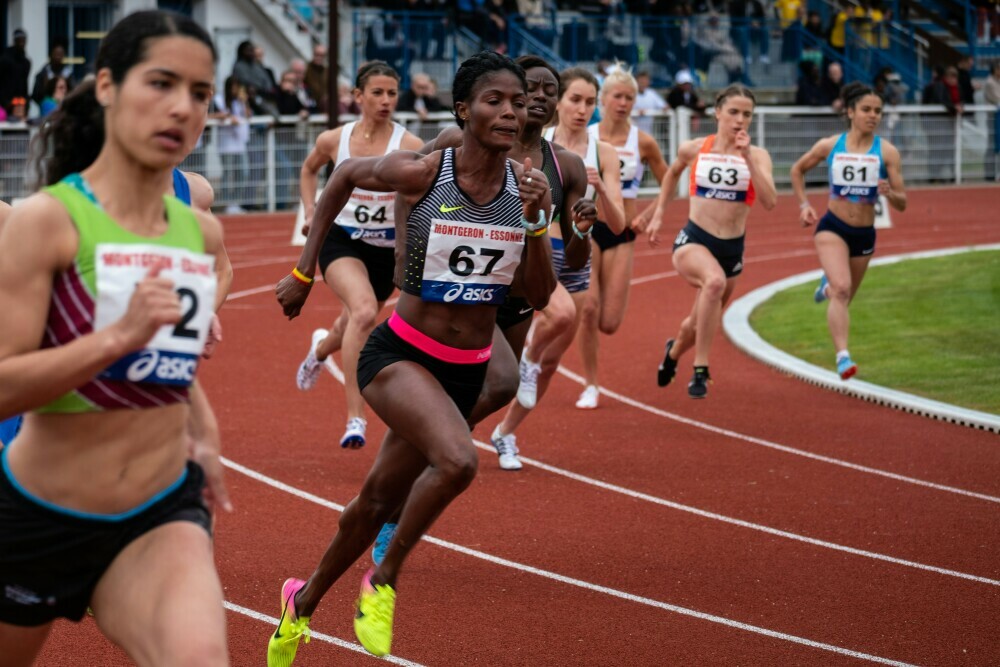
Sharper, Stronger, Faster: How Exercise Elevates Athletic Performance
For athletes, the relentless pursuit of peak performance is an ongoing quest. While raw talent plays a role, consistent and strategic exercise serves as the cornerstone for reaching one’s full athletic potential.
Exercise: The Catalyst for Peak Performance:
Numerous studies have cemented the undeniable link between exercise and enhanced athletic prowess. Marathon runners who meticulously train log faster times, while weightlifters who progressively overload their muscles witness increased strength gains. These are not isolated examples; they exemplify the transformative power of targeted exercise routines.
Progressive Overload: The Key to Unlocking Potential:
The human body adapts to the demands placed upon it. Progressive overload, a core principle in exercise science, involves gradually increasing the intensity, duration, or frequency of workouts. This controlled stress forces the body to adapt, leading to improved muscular strength, endurance, and overall athletic capabilities.
Fueling the Machine: Optimizing Energy Systems:
An athlete’s performance hinges on efficient energy production. Exercise fine-tunes the body’s metabolic pathways, enhancing the ability to utilize oxygen (aerobic system) and convert glucose into readily available energy (anaerobic system).
- Aerobic Powerhouse: Endurance athletes like marathon runners benefit from exercises that improve their body’s ability to utilize oxygen for sustained activity. Think long-distance running or swimming.
- Anaerobic Advantage: Sports requiring short bursts of intense exertion, like weightlifting or sprinting, benefit from exercises that enhance the anaerobic system’s ability to produce quick energy. High-intensity interval training (HIIT) is a prime example.
Nutrition: An Athlete’s Secret Weapon:
A well-balanced diet complements a rigorous exercise regimen. Athletes should prioritize nutrient-rich foods that provide the building blocks for muscle repair, support energy production, and promote overall health.
The Mental Edge: Sharper Than Ever:
The benefits of exercise extend far beyond the physical realm. Regular physical activity demonstrably enhances cognitive function, improves focus, and reduces stress. Athletes who consistently train exhibit greater mental clarity, allowing them to make quicker decisions and perform under pressure.
Studies have shown that exercise can significantly reduce performance anxiety, a common challenge faced by athletes. The discipline and mental fortitude required for consistent training translate into a stronger mind able to cope with the demands of competition.
Building a Resilient Body: Injury Prevention and Recovery:
Regular exercise strengthens muscles, improves joint stability, and enhances balance, all of which contribute significantly to preventing sports injuries. A strong foundation translates to a lower likelihood of sustaining debilitating injuries that can derail an athlete’s career.
Recovery is equally crucial. Athletes must incorporate adequate rest and relaxation into their training schedules. This allows the body to repair damaged tissues, rebuild muscle, and prevent burnout.
Cross-Training: A Well-Rounded Approach:
While specific exercises target individual muscle groups or energy systems, cross-training incorporates a variety of physical activities. This helps prevent overuse injuries, improves overall athleticism, and reduces the risk of plateaus in performance.
The Takeaway:
Exercise is not merely an activity; it’s an essential tool for athletes seeking to reach their full potential. By incorporating a combination of targeted training, proper nutrition, and strategic recovery techniques, athletes can elevate their performance, build mental resilience, and safeguard their athletic longevity. Remember, dedication, discipline, and a commitment to a well-rounded exercise regimen are the hallmarks of achieving peak athletic performance.